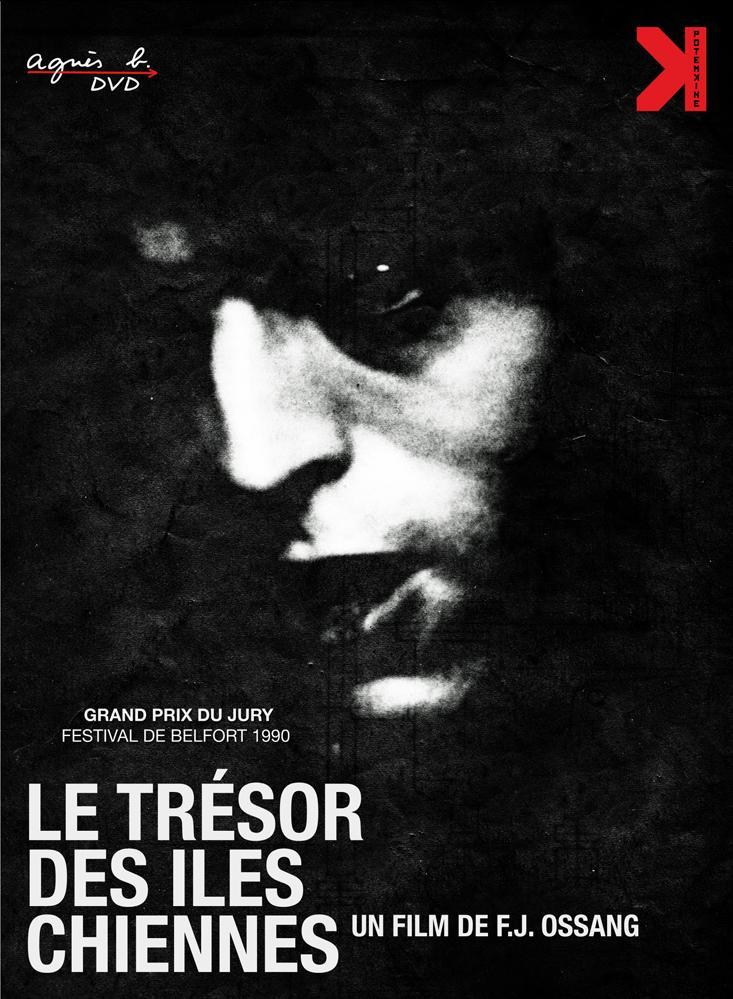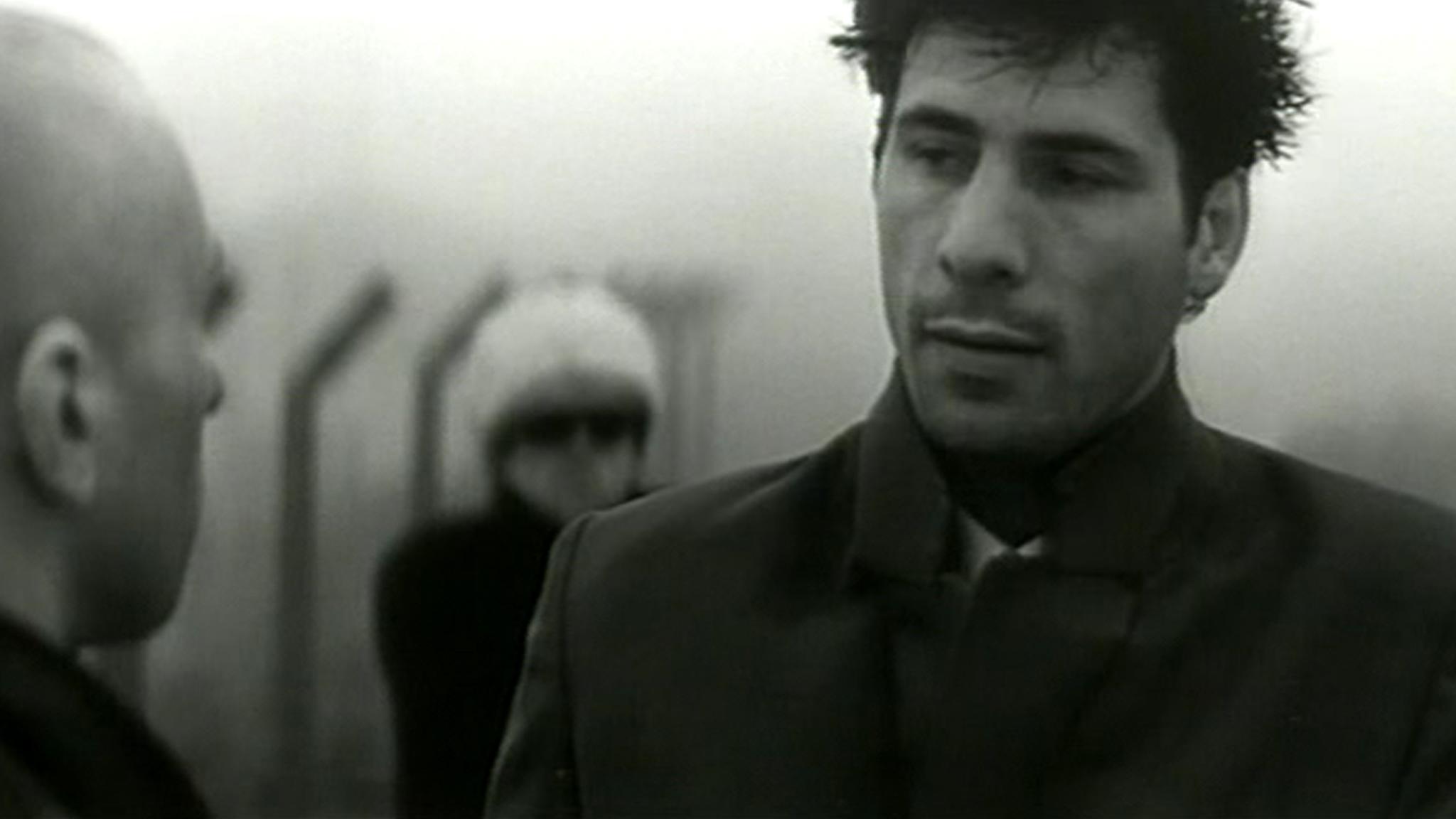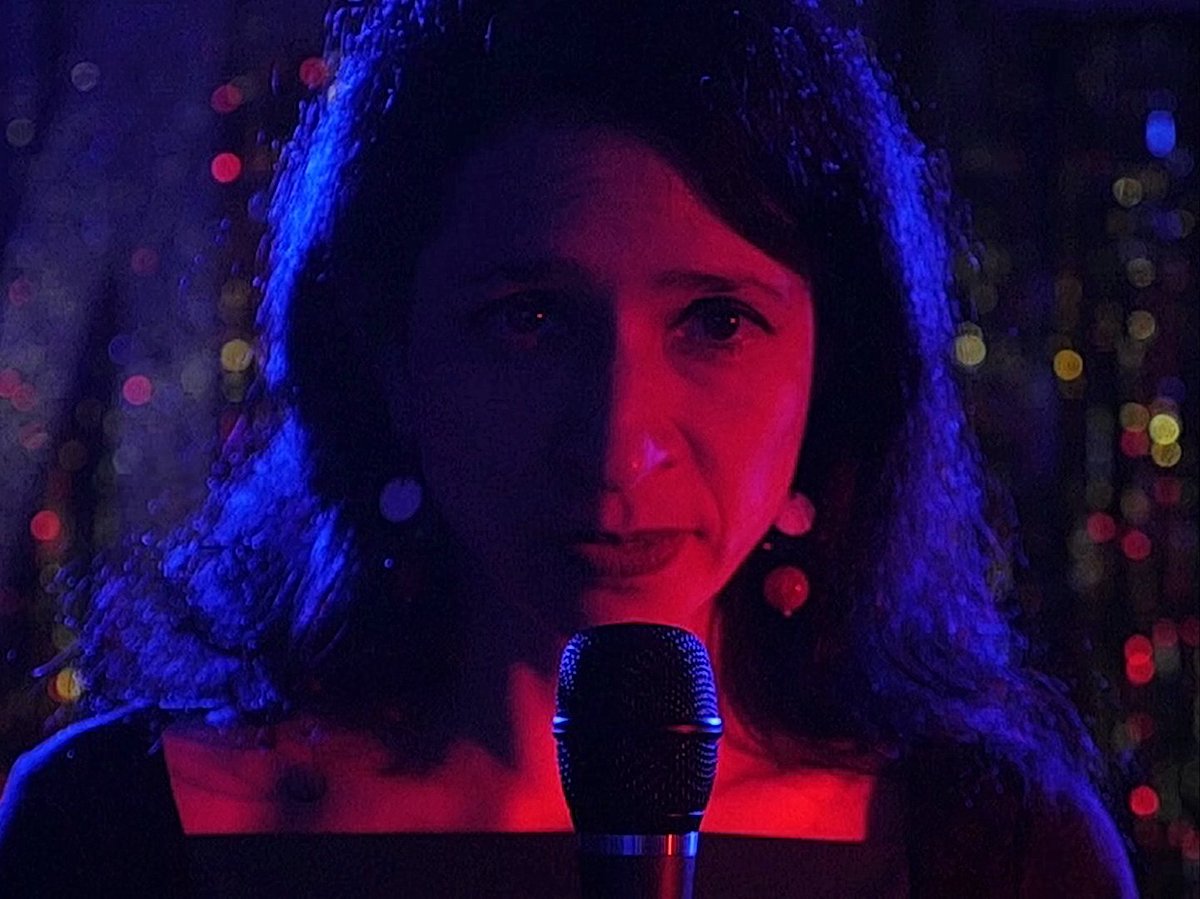 |
| From https://pics.filmaffinity.com/ Treasure_of_the_Bitch_Islands-677757947-large.jpg |
Director: F.J. Ossang
Screenwriter: F.J. Ossang
Cast: Stéphane Ferrara as
Ponthans; Diogo Dória as Féodor Aldellio; José Wallenstein as Ulysse; Mapi
Galán as Ada Della Cistereia; Lionel Tua as Fabiano; Michel Albertini as Bormane;
Serge Avedikian as Le docteur Turc; Clovis Cornillac as Rubio; Patrick Quillier
as Directeur Palace; Francisco Baião as Xico
 Synopsis: The heir of the consortium Kryo'Corp, Ulysse (José Wallenstein), travels to the only
place the substances for a new energy source can be found - the titular Bitch
Island. Unfortunately, the island divided between its native tribes and the
colonisers with their militarised zones, a cocktail of radiaition and drugs
feeds into the downward spiral for Ulysses' team as they scrape against the
various machinations.
Synopsis: The heir of the consortium Kryo'Corp, Ulysse (José Wallenstein), travels to the only
place the substances for a new energy source can be found - the titular Bitch
Island. Unfortunately, the island divided between its native tribes and the
colonisers with their militarised zones, a cocktail of radiaition and drugs
feeds into the downward spiral for Ulysses' team as they scrape against the
various machinations.
F.J. Ossang has been a frustrating man to meet. Treasure of Bitch Island is the first
to make any impression (as would Doctor
Chance (1998)) in my discovery and marathon of his work as much as it makes
aware how deeply flawed he is as a director-writer since his 1985 debut The Case of the Morituri Divisions, the
musician/poet/filmmaker/ punk Ossang
someone who should embody the anarchic nature of that era's independent cinema.
Unlike Sogo 'Gakuryû' Ishii from
Japan or the Cinema of the Transgression group from the United States, as
comparison examples, Ossang also
presents the worst stereotypes of pretension by accident. Despite lifting from
b-movie genre tropes and his punk background, most of the events in his
narratives take place off-screen, not an issue as its clearly his trademark
with a sense of letting the viewer's imagination fill in the images spoken of,
but its undercut by his tendency to spend the time on bland monologues that
last ages rather than the moments in his films filled by pure lurid genre
subversion.
| From http://www.tasteofcinema.com/wp-content/ uploads/2016/12/01-TheTreasureOfBitchIslands.png |
Thus 9 Fingers (2017), about a criminal gang on a cargo ship with a nuclear weapon where paranoia and potential radiation poisoning are making things dangerous, focuses more on existential sounding dialogue that sadly isn't profound or with a sense of nuisance (as say) Jim Jarmusch's genre subversions. Rather than direct interaction with the premise itself, that in all the films I've seen have all been interesting, Ossang for his filmography has fallen into many squandered opportunities due to this: see Dharma Guns (2010), where the idea of a man's last experiences before his death from a jet ski accident is his soul going through a sci-fi paranoia thriller, with gothic tinges, sounding like something Guy Maddin would make only to procrastinate. Or his debut The Case of the Morituri Divisions where there is promise of a literal punk film in its rough production, its VHS text captions and futuristic gladatorial fights only for him to clearly not be invested in the film's premise in the slightest. It's neither "punk" to has this much dialogue in his films either, or really subversive, which is the biggest crippling flaw with his style. I quote someone like Ishii specifically as a film like Burst City (1982), whilst two hours long feeling like adrenalin shots directly into a blood vessel and not just for having actual punk bands playing in the film.
Arguably however his nineties
films hit a peak where, for their flaws, he made the films I waited patiently
for and have left a mark I will treasure. Bitch
Island "somewhat" works and I think it's as much helped, even
with Ossang's obstructive style, by
the look of the film. Arguable for me is that his older work is far more
rewarding than the later ones particularly in their visual palettes, but here
he particularly had success, as with Doctor
Chance, in terms of the aesthetic style; here Bitch Island has a
particularly rancid but stylish monochrome look befitting the world. A place
where, inhospitable and made worst by the protagonist's gang being both on
drugs and on a doomed mission, it already has an impact; once you get to the
titular island through a barb wire covered militarized zone, let alone the vast
desert and industrial locations, there's a sense of a living breathing
environment despite a lot of Ossang's
films, to their detriment usually, being shot in still takes in close-ups, here
actually working as the world is built from events only being talked of by
implying them rather than depriving the audience of engagement.
Noticeably Ossang's cinematographer here was Darius Khondji, who'd go in to acclaim for David Fincher's Se7en (1995) and in general has an impressive filmography including work with James Gray, Jean-Pierre Jeunet and Marc Caro, and even some idiosyncratic one-offs on his CV like Wong Kar-Wai's sole American film (My Blueberry Nights (2007), Michael Haneke's own remake of Funny Games (2007) and Zidane: A 21st Century Portrait (2006), an attempt in an avant-garde dialogue-less documentary to slow down and examine a football game with Zinedine Zidane as a hyper-sensual experience. Because of Khondji's style, heightened but also able throughout his career to be completely naturalistic too, Ossang is given an advantage as was hiring cinematographer Rémy Chevrin on the atmospherically colourful production of Doctor Chance.
It helps as well that, even in
the obtuse style, the story here is at least interesting in what you get too.
Baring a hotel with unhelpful staff, Bitch Island is not a safe place; ready to
rupture between the natives and the rulers imposing over them, the only poor
decision in the premise, and one of poor taste from Ossang, being that the figure the natives worship called the Korean
Girl is actually a Caucasian actress. It doesn't completely redeem the film
fully, as Ossang's style is, even if
going for the theatre of the mind, obstructed by his attempts at romantic
nihilism that is one of the worst issues with his screenwriting for me, but Bitch Island particularly as the
central group of men get lost in the desert and start to puke and reach death
on a mix of despair, their own drug intake and radiation sickness is an
evocative scene which in little happening has immense power. Arguably,
ironically, it's this tone and the cinematography that adds the edge rather
than any of the dialogue spoken, the actors as well gamely losing their minds
in-character and carrying the heavy burden unlike many of the other Ossang films which don't have a strand
of connection, but because of when the dialogue has more to it in their
spiralling madness or the fatalist sense of heroism that eventually overcomes
those left.
 |
| From https://assets.mubi.com/images/film/33614/image-w856.jpg?1445879977 |
It does leave me sad that I've had a cold reaction to the director's work beforehand as between Bitch Island and especially Doctor Chance, its tale of (richly coloured) doomed romance in Chile where Joe Strummer is inexplicably there, as just from those two films without any other context Ossang should be a director I love and presume would continue to make films like the nineties productions. Here with Treasure of Bitch Island too I could see myself watching the two nineties productions repeatedly if they were actually available to see. And honestly, as mentioned, if this was the style of film he went with rather than a colder aesthetic style into the 2010s, I'd be surprised that Ossang never had films released even in the USA as - rather than being too stilted for punk cinema, too enamoured with his own voice rather than actually become risky and snotty in attitude - those imaginary films would've been awesome and cult pieces already. Hell, maybe something truly magical would've happened and I'd learn to appreciate the other films in his filmography and even liked them, which would've been even better.
Abstract Spectrum: Psychotronic/Oppressive/Stylish
Abstract Rating (High/Medium/Low/None): None
Personal Opinion:
Treasure of Bitch Island was the first film where I found something
within F.J. Ossang, its warts and all
actually adding to its personality as the material shone with virtues. It itself
would be a film that would test others' patience, but for me it was a bright
spot in a director, only discovering, I fear I would merely hate.
 |
| From https://67d860664f4b00793cde-967809c7cbb0f14b111df13fc72409e5.ssl. cf3.rackcdn.com/fiona/editionfilm/48de3364-b427-4f0a-9bba-8155f0d8b64a.jpg |








